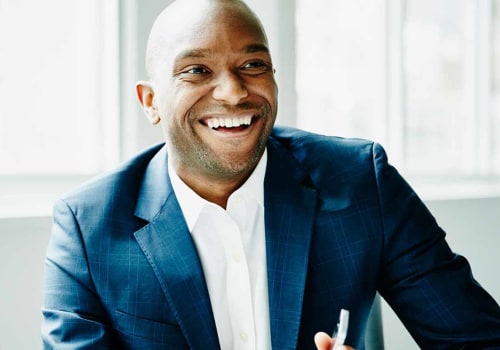Many coaches will open their session by asking participants to share their objectives for the event. This is a big icebreaker, but it also helps an agile coach adjust content to the needs, experiences and expectations of the attendees. The first step of any call should be to establish a good relationship. How you do it depends on how well you know the customer.
If you already know this client very well, you can establish a good relationship by referring to past sessions with him and asking him how he felt after the previous session ended. But if this is your first session with this client (other than the discovery session), you'll have to find something else to start with. Make it clear that they should respond to questions before a specific time. For example, if you need at least 24 hours to review their answers, let them know that they have to submit the form 24 hours before the session.
When starting a coaching conversation, the coach observes from the sidelines and arouses their curiosity and amazement as they observe the client. Many coaches find it a little difficult to “establish the training agreement”, as it often feels like a choice between following the training flow or following the steps or indicators to establish a tangible result for the training session. If the client's goals aren't concrete or seem vague despite your efforts to gain clarity, there's a temptation to abandon establishing the coaching agreement altogether. The key to remember is that every call must be goal-oriented.
Now you know how to structure your calls. This alternative perspective is one of the most valuable tools that a life coach can provide to their clients, since their own life experiences and coaching experience can provide a unique point of view for someone who is stuck. It is a partnership between the coach and the client and is affected by the quality of the relationship, the context of the client's challenges, and the individual characteristics of both the coach and the client that day. Every time you train, you further develop the creativity and confidence needed to participate in the training flow with your client.
And then there's the coaching you do between the coaching calls, such as answering questions and checking how your clients are doing. They come from the part of you that would rather retire to a safe place and abandon your new coaching business. And for a complete guide on how to start your coaching business, check out my book Make Money As A Life Coach. The coaching flow allows you to have a more structured coaching conversation that lends itself to collaboration and productivity.
I LOVE group coaching because it's a great way to attract more clients and grow your business. But before we dive into what your coaching sessions should be like, let's see what it takes to be a great coach, after all, this will help you maintain powerful coaching calls that your clients love. After all, coaching is a skill that you can learn EVEN if you don't have training experience or certification. This will work regardless of your training niche, whether you're a health coach, a business coach, or any other type of coach.
Question-centered coaching is based on the coach asking questions and the coach giving answers. Managing the back end of a coaching business requires energy in helping your clients achieve massive transformations. Certification Course Schedule Live Training Courses On-Demand Training Cam Coaching Community Group Mentor Coaching The Coaching Exchange.







